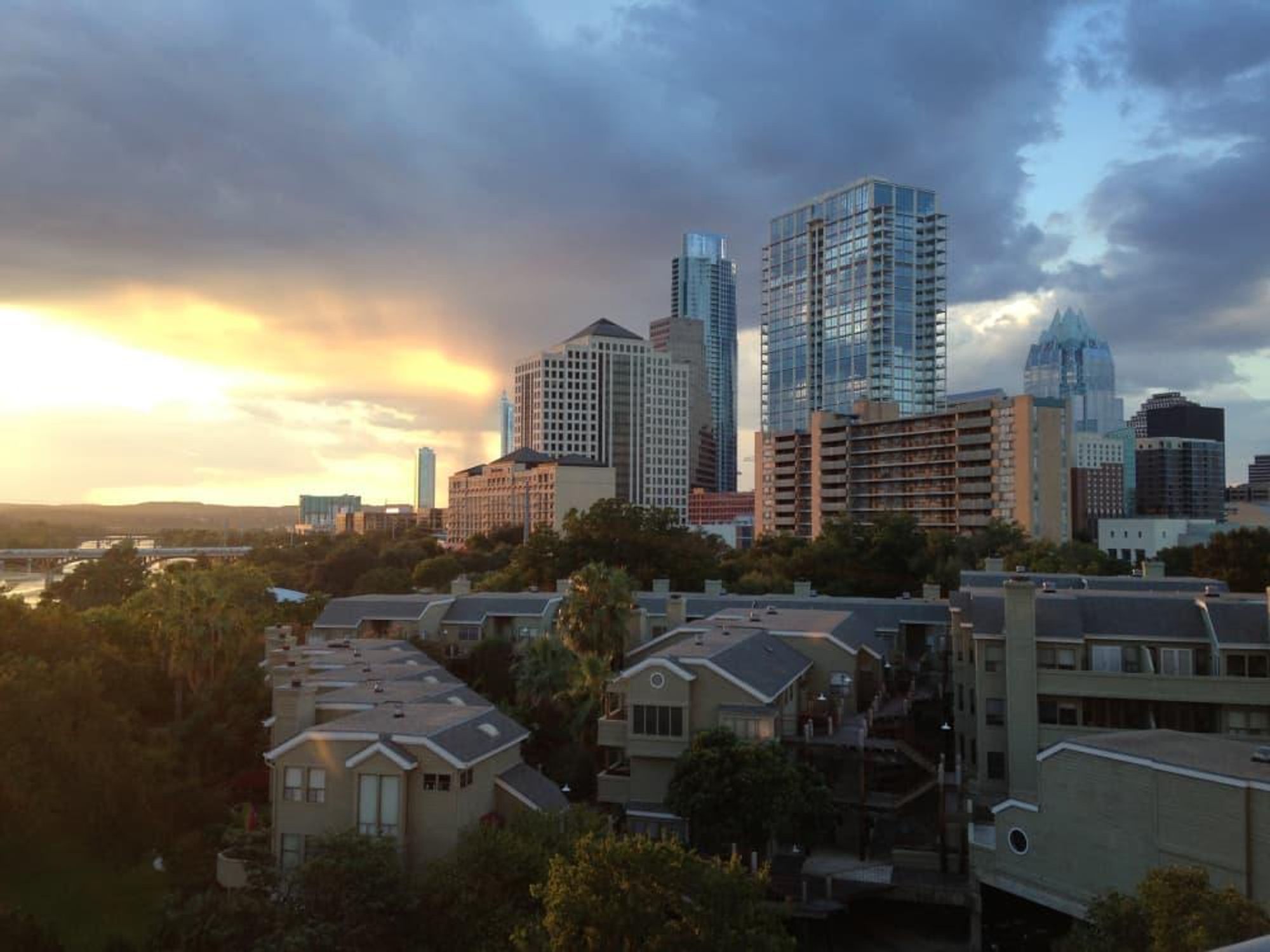Austin's Economic Divide
Austin is the most economically segregated city in the country

Austin is the most economically segregated city in the country — and other Texas cities rank close behind. A new report found that four of the top 10 most economically segregated large metro areas (those with populations more than one million) in the U.S. are in the Lone Star State. Following Austin are San Antonio at No. 3, Houston at No. 4, and Dallas at No. 7.
"The rich and poor effectively occupy different worlds, even when they live in the same cities and metros," says the study.
The study, written by Richard Florida and Charlotta Mellande for the Martin Prosperity Institute, analyzes "the degree to which neighborhoods are made up of people of the same economic level" based on income, education and occupation. The higher each city ranked in the three specific kinds of segregation, the higher it ranked overall. Austin came in at No. 4 for occupational segregation and No. 5 for educational segregation, but did not reach the top 10 for income segregation.
But it wasn't just these factors that gave Austin the top ranking for large metro areas. The report also found that the most segregated cities have certain characteristics in common. For instance, economic segregation tends to be higher in cities with large populations, a significant technology industry presence, higher levels of education, and a large minority share of the population — all of which Austin has. Other factors considered were income and wage inequality, the breakdown of liberal and conservative voters, and even how people commute within the city.
Researchers note that overall economic segregation has increased dramatically over the past few decades. "It is not just that the economic divide in America has grown wider; it's that the rich and poor effectively occupy different worlds, even when they live in the same cities and metros," says the study. "Separating across these three key dimensions of socio-economic class, [this economic segregation trend] threatens to undermine the essential role that cities have played as incubators of innovation, creativity and economic progress."
Non-Texas metro areas rounding out the top 10 are Columbus, Ohio (No. 2); Los Angeles (No. 5); New York (No. 6); Philadelphia (No. 8); Chicago (No. 9); and Memphis, Tennessee (No. 10).
Read the entire report here.
